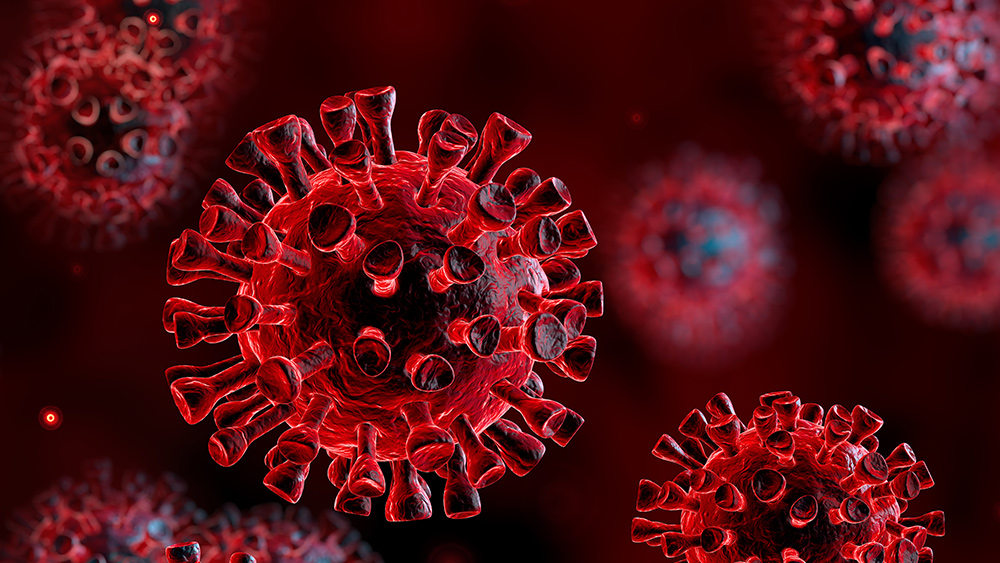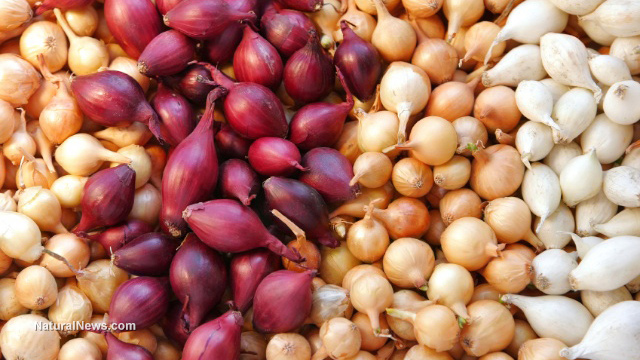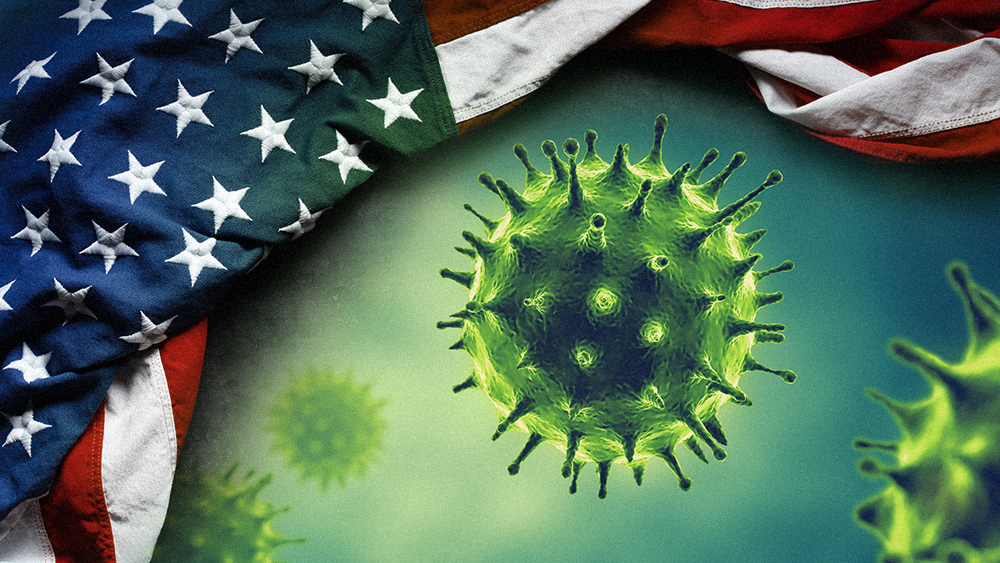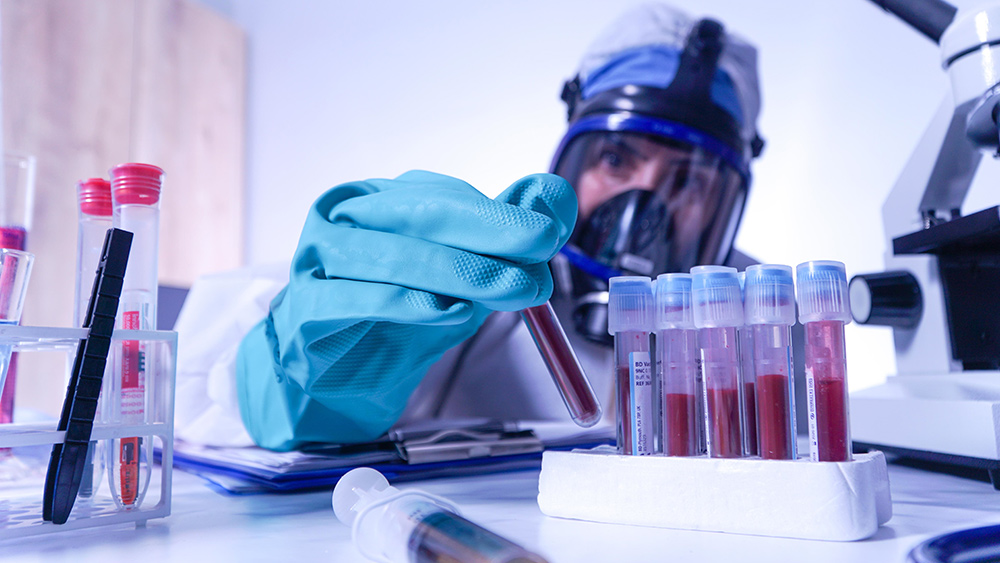Biological protective factors and disease risk: Researchers identify enzymes that can help prevent diabetic kidney disease
03/05/2020 / By Franz Walker

Diabetic kidney disease represents one of the most prevalent complications faced by people with diabetes, with one in four diabetics suffering from it. But a new study by researchers at the Joslin Diabetes Center in Massachusetts showed that certain biological factors play a large role in preventing diabetic kidney disease in some diabetics.
The research team looked at a previous study from 2017 that focused on people dubbed the “Joslin Medalists.” These are people who have had diabetes for 50 or more years but have never developed complications. The research team found that these diabetics possessed higher-than-normal levels of certain enzymes that are involved in glucose metabolism.
A closer look at protective enzymes
In their study, the researchers investigated whether or not the protective enzymes could also be found in people with shorter-term Type 1 and Type 2 Diabetes. Finding these enzymes, including one in particular called pyruvate kinase M2 (PKM2), would show that they do play an important role in preventing diabetic kidney disease.
The research team set out to answer a few questions related to the 2017 study. The first was whether or not PKM2 had protective effects in people who weren’t Joslin Medalists. The second was whether PKM2 was circulating in the blood of Joslin Medalists, or if it was only found in their kidneys. Finally, the team asked if the Joslin Medalists had any other protective factors that could be explored.
To figure out if PKM2 also protected non-Medalists, the team studied the kidneys of deceased donors to see if they could find the enzyme. Meanwhile, to find out if Joslin Medalists also have PKM2 in their blood, they used cutting edge proteomic and metabolomic techniques. Finally, the team looked for other proteins and metabolites with elevated levels in the blood of Joslin Medalists. They then mapped out genetic pathways related to these biomolecules to understand why they were elevated.
While looking for an answer for the second and third question, the research team made a surprising discovery. They identified another protein called amyloid precursor protein (APP) that may also serve as a protective factor. APP is commonly associated with Alzheimer’s Disease.
“[APP seems to be] potentially protective in multiple vulnerable tissues in people with diabetes,” said Dr. Hetal Shah, a research associate at the Joslin Diabetes Center. “With that said, we would need further studies to confirm this.”
Implications of the study
The discovery of certain enzymes which could be protective factors can help health care professionals find out if their patients are at risk of diabetic kidney disease. Patients will only have to take a simple blood test to see if they’re at risk. If their results are positive, their physicians can then create personalized intervention courses for them.
Being able to prevent the onset of diabetic kidney disease would be a big step toward prolonging the life of someone with diabetes. Diabetic kidney disease not only affects the removal of waste from the blood, it also tends to drive cardiovascular diseases in patients, which can eventually lead to death.
Prevention is still better than the cure
As with all diseases, it’s still better to prevent the onset of diabetes than to have to manage it. However, preventing diabetes nowadays is difficult due to the amount of sugar present in what Americans usually eat. On the other hand, people can avoid diabetes by simply switching to a healthier diet, such as a plant-based diet, and cutting down their sugar intake. Combining this with regular exercise and a healthy lifestyle can also help lower the risk of chronic diseases, such as heart disease and cancer.
Sources include:
Tagged Under: amyloid precursor protein, breakthrough, diabetes, diabetes complication, diabetes science, Diabetic kidney disease, discoveries, disease treatments, Enzymes, glucose metabolism, kidney health, prevention, research



















